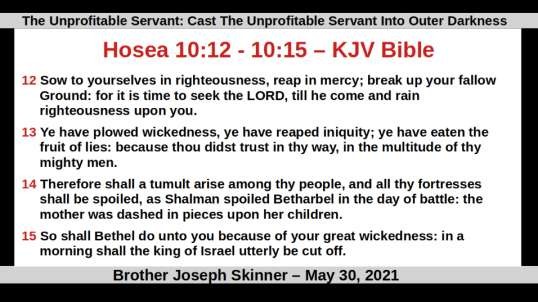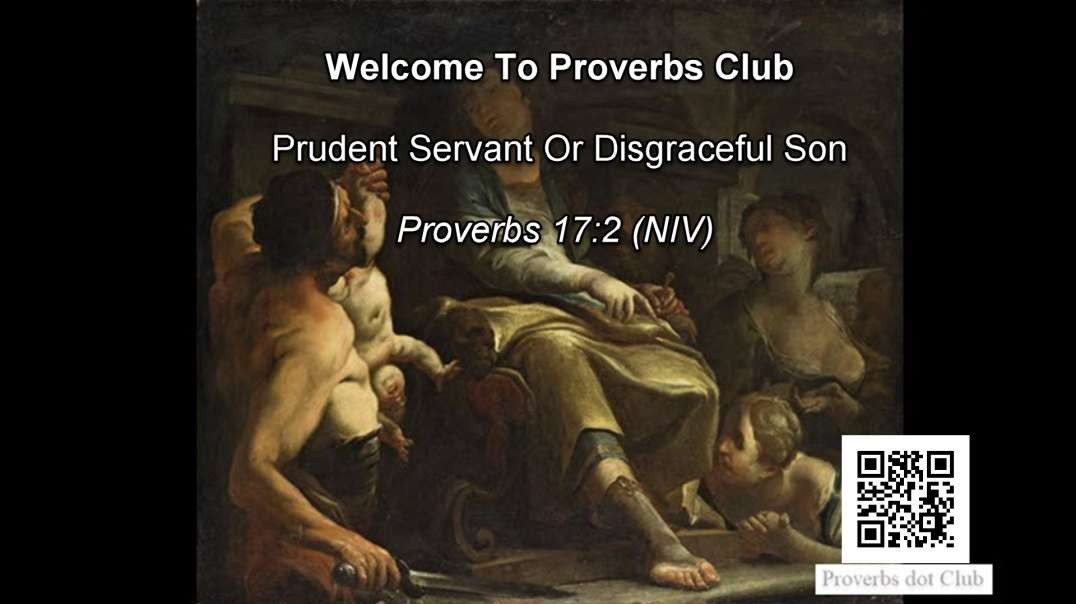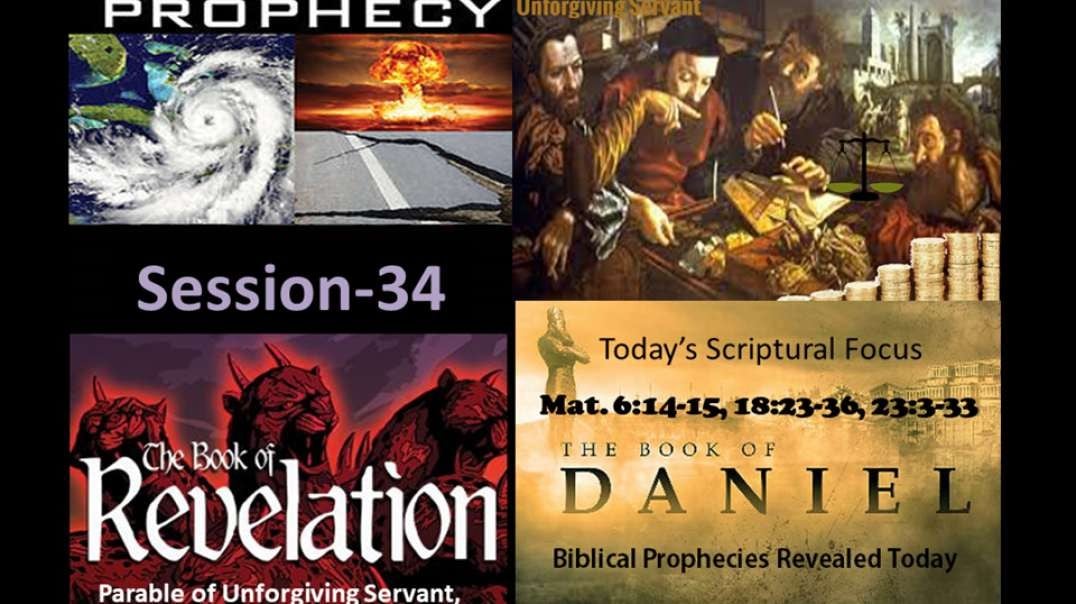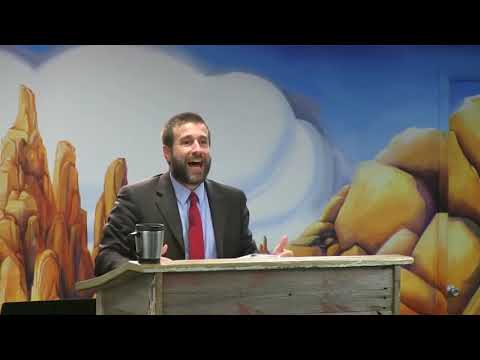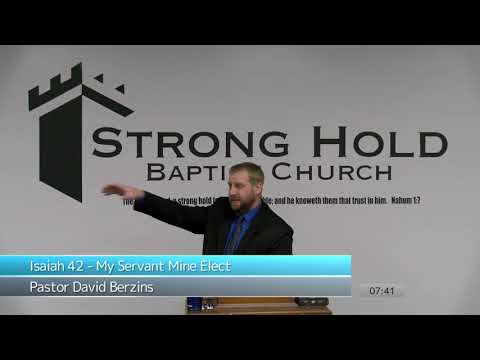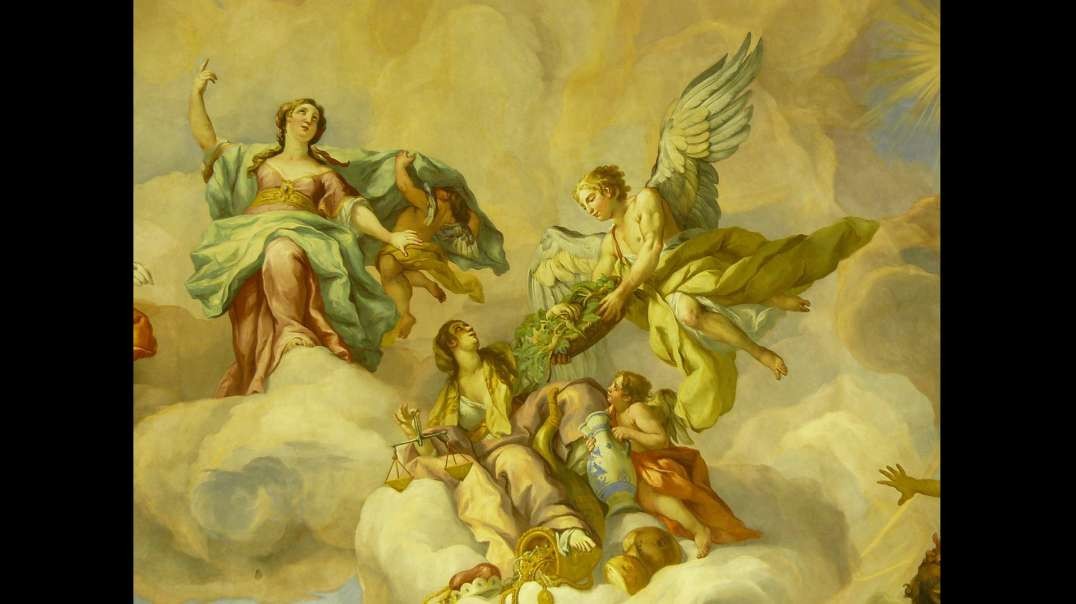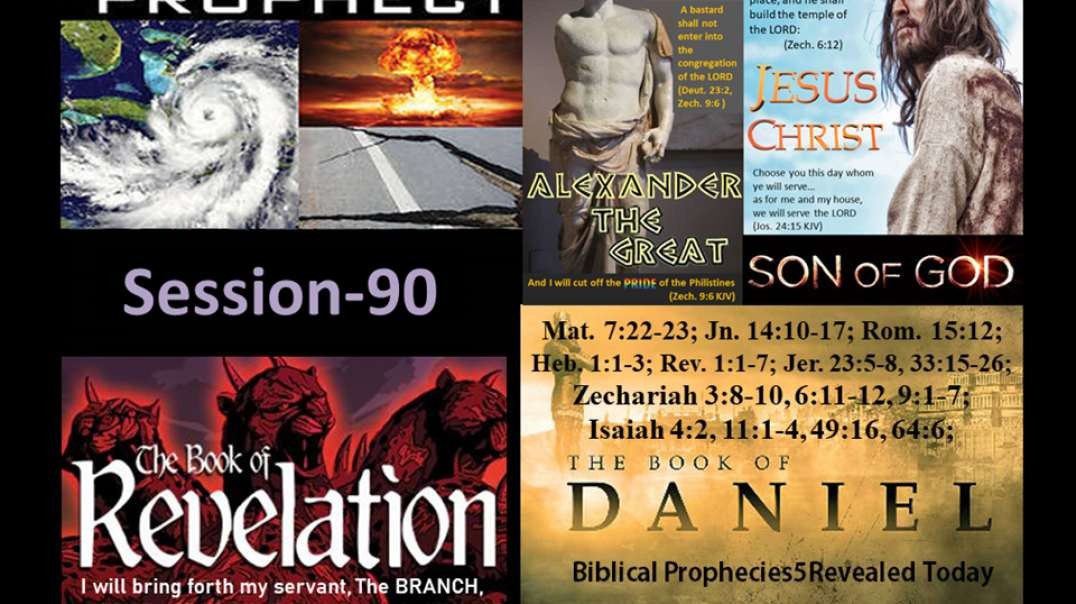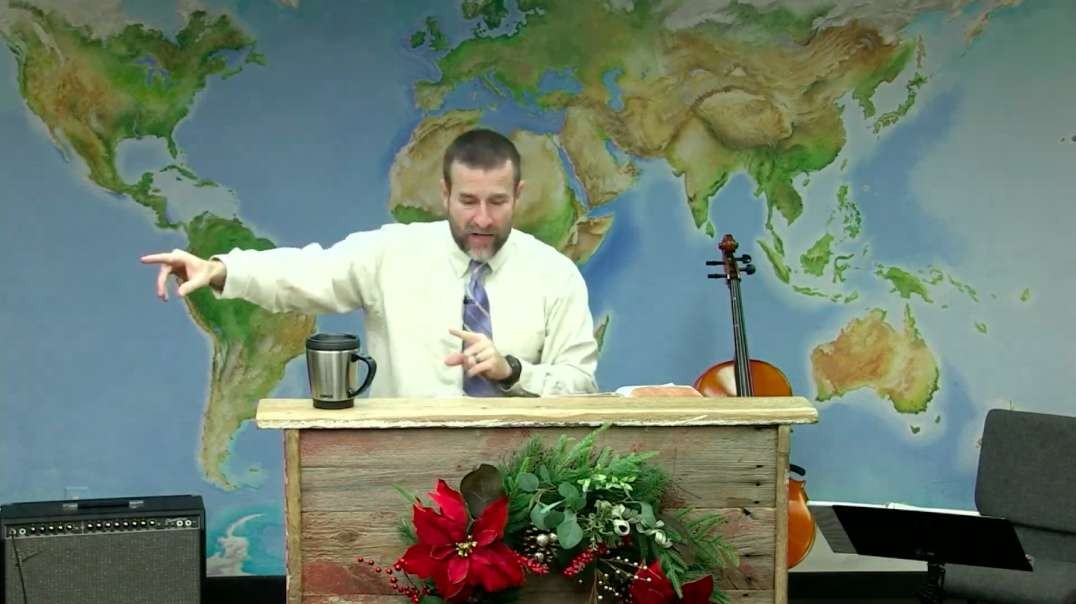The Son & The Servant
Remember that before the book of Hebrews is about telling us how to do anything, it is about helping us to see properly—to see Jesus properly... Why? Maybe you have wondered that. Why has there been so little Christians-are-to-behave-like-this talk in Hebrews so far? That kind of talk is very important, and the New Testament absolutely is crammed full of it—don’t let the antinomians and the cheap gracists and the stop-telling-me-what-to-do-you-legalists tell you otherwise.
The reason there has been so little of that kind of talk so far is not that our Lord does not want us conformed to his image. It’s not because “doing theology,” as in, learning theological facts, is superior to loving God and your neighbor. In fact, if you read the prophets, better to be a theological simpleton who loves widows and orphans than the PhD theologian with a withered heart.
No, the reason the New Testament spends so much time in sheer, massive, glorious description of Christ is because that Jesus is so massively glorious and so massively good, that for his people merely to see him properly is for them to become like him.
That’s the thesis that I’d like to introduce to this sermon, and it is the thesis that Christ-beholding is saint-transforming—that when we see Jesus properly, we will be transformed into his image through that sight.
Before our job is ever to do anything, it is to see Jesus rightly. Before it is our job to do, it is our job to see.
And I’m telling you this, because Hebrews chapter three begins with and invitation that is potent. It is an invitation that is likely to get lost for us in the midst of the brightness of all of the glories that the rest of this section unfolds.
That invitation, from verse one, is a mere two words: Consider Jesus.
Our job this morning is to see Jesus; it is to consider Jesus. It is to look upon Jesus and attempt to extract from our sight of him every gleam of glory and understanding and then worship that we can.
Why? Because Christ-beholding is saint-transforming. In the New Testament Scriptures, so potent is the proper seeing of Jesus that it is connected to everything from our justification to our sanctification to our glorification—in other words, it is connected to our salvation, beginning to end.
Your initial salvation, that is, your justification, is described in 2 Corinthians 4:6 as God looking into the darkness of your dead heart, and saying to that dark, dead, heart, “Let light shine out of darkness,” light which Paul says, “…has shone in our hearts to give the light of the knowledge of the glory of God in the face of Jesus Christ.” What is that? It’s like a little creation ex nihilo, like when that same Lord looked into the darkness of non-being in the beginning and commanded, “Let there be light!”
Earlier in the same passage, 2 Corinthians 3:18, he tells us that “…we all, with unveiled face, beholding the glory of the Lord, are being transformed into the same image from one degree of glory to another,” that is, that seeing and worshiping Jesus will make us like him—by itself.
So here’s the point: That you and I, as we gather here week after week and look to Jesus in singing, in hymns and Psalms and spiritual songs; as we open the Bible and see his face and his work in every particle of the book; as we come to the Lord’s Table, confessing our sins and feasting on his grace—that all of that, before I tell you how to do anything, before even the Word instructs us practically (which again, it does)—before we do any of that, as we behold Jesus, God is actively transforming us through our mere sight of him into his image.
To see him is to be transformed into his image. Which is why salvation is often described as scales coming off of eyes, of sight being restored to the blind, of light coming into darkness, of a veil being removed from faces that were priorly veiled—because we can’t even begin to come to God and look like his Son until we are given sight of him by grace, and only through the Gospel can we see him properly... As we gather, and as we lift our eyes together to the throne of the glory of the Majesty on high and see the risen and reigning Son of God, we are transformed. So Hebrews chapter 3, verse 1; this is the Word of the Lord:
“Therefore, holy brothers, you who share in a heavenly calling, consider Jesus, the apostle and high priest of our confession, who was faithful to him who appointed him, just as Moses also was faithful in all God's house. For Jesus has been counted worthy of more glory than Moses—as much more glory as the builder of a house has more honor than the house itself. (For every house is built by someone, but the builder of all things is God.) Now Moses was faithful in all God's house as a servant, to testify to the things that were to be spoken later, but Christ is faithful over God's house as a son. And we are his house, if indeed we hold fast our confidence and our boasting in our hope.”
-Hebrews 3:1–6


